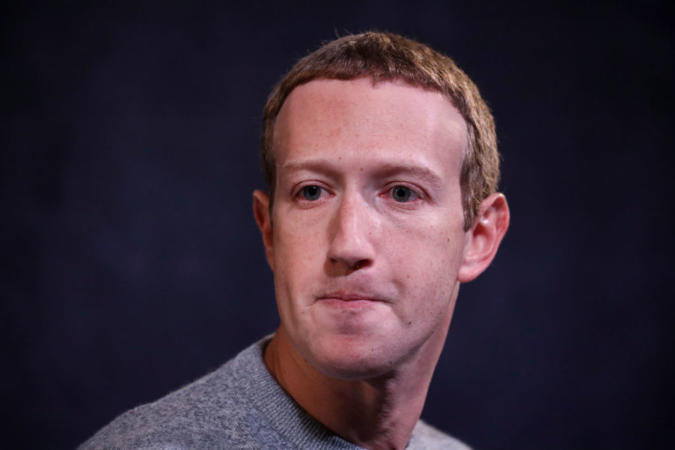Using social media as a vehicle for political advertisements and posts filled with misinformation aimed at sabotaging the Black vote was put on display with Russia’s interference in the 2016 presidential election.
As the 2020 presidential election approaches, questions around the allowance of paid political ads that specifically misinform Black demographics and measures social media platform executives, like Facebook’s Mark Zuckerberg, will take to prevent such ads are being heavily discussed.
During a town hall meeting held in September, civil rights leaders met with Facebook’s COO, Sheryl Sandberg, in hopes to discuss the preventive measures the social media giant would put into place to combat the racial geared voter suppression messages that ran rampant on the platform during the 2016 election.
Instead, Sandberg upheld Facebook’s policy that exempts politicians from its third-party fact-checking program. This means politicians including sitting president Donald Trump — whose 2016 presidential campaign sparked the unveiling of digital Black voter suppression tactics — will go unchecked.
Many see holes in Facebook’s political ads policy including Rep. Alexandria Ocasio-Cortez (D-NY). During a congressional hearing, she questioned if she would be able to purchase an ad that targeted Black zip codes and advertise the wrong election date. Zuckerberg answered, “No, congresswomen, you couldn’t,” — an answer that contradicts Facebook’s politician exempt policy.
The gray areas in the new policy were also highlighted when Ocasio-Cortez questioned Zuckerberg about her ability to run a false ad claiming Republicans were in support of the Green New Deal, Zuckerberg answered: “Congresswoman, I don’t know the answer to that off the top of my head. I think probably.”
Due to the ambiguous nature of Facebook’s regulation on politic ads, it is difficult to understand what politicians are and are not allowed post. It leaves room for virtual Blackface accounts like @blackstagram, which was created on Facebook-owned company, Instagram to manipulate and suppress Black voters in the 2016 presidential election.
Despite public attempts to rid itself of digital voter suppression tactics, Facebook seems to still struggle with breaking ties from discriminatory practices and partnerships. As highlighted by Ocasio-Cortez, The Daily Caller, a site that has employed several white suprematist journalists, is among Facebook’s third-party fact-checkers. Such partnerships call in to question the credibility of Facebook’s entire fact-checking program and its dedication to eliminating political misinformation.
Although Facebook has made attempts to better understand how misinformation is disseminated on its platform via a series of research projects, the company still stands by its belief in freedom of speech.
Zuckerberg spoke to a Georgetown University audience where he sited the experiences of Rev. Dr. Martin Luther King Jr. to justify Facebook’s commitment “to fight to uphold as wide a definition of freedom of expression as possible…” His words were rebutted as Bernice King took to her twitter to provide Zuckerberg with a corrected view of her father’s experiences writing:
“I heard #MarkZuckerberg’s ‘free expression’ speech, in which he referenced my father. I’d like to help Facebook better understand the challenges #MLK faced from disinformation campaigns launched by politicians. These campaigns created an atmosphere for his assassination.”
I heard #MarkZuckerberg‘s ‘free expression’ speech, in which he referenced my father. I’d like to help Facebook better understand the challenges #MLK faced from disinformation campaigns launched by politicians. These campaigns created an atmosphere for his assassination. pic.twitter.com/h97gvVmtSZ
— Be A King (@BerniceKing) October 17, 2019
Democratic presidential candidates are already feeling the sting of Zuckerberg’s version of free speech. In a Blavity Politics interview, Senator and presidential candidate, Kamala Harris, mentioned how the “Kamala is a cop” meme flooding the web is a strategic political move to discredit her campaign.
With the 2020 election just around the corner and primaries even closer, we will be able to gauge the effectiveness of Facebook’s policy or if the door is left open for a repeat of the Black voter suppression tactics that occurred in the 2016 presidential election.

